The world of mutual funds can be confusing. With more than 9,000 funds on the market, how can you choose the ones that are right for you? One way to start is by considering the various categories of mutual funds – and there are quite a few of them: Small Cap Growth, Large Cap Growth, Large Cap Value, Diversified Emerging Markets, Foreign Large Cap Blend and more – the list is extensive, and for many people, confusing. However, with a little study, you can understand why these funds have their names – for example, a Small Cap Growth fund will contain stocks of smaller companies thought to offer growth potential. Once you know the goals of different categories of mutual funds, you can determine which ones fit into your overall investment strategy. This is important, because you want to ensure your portfolio is appropriately diversified. For example, if you find that almost all of your mutual funds come from the above-mentioned Small Cap Growth category, you may be taking on more investment risk than you’d like, because funds that offer the greatest growth possibilities also usually carry the highest degree of market volatility. Typically, you may be better off owning an array of mutual funds drawn from several different categories, with the percentage each category occupies in your portfolio based on your goals, risk tolerance and time horizon. (Keep in mind, though, that while diversification can help reduce the effects of volatility, it doesn’t guarantee a profit or protect against losses in a declining market.) You might be tempted to choose categories by looking at which most recently outperformed the others, and just stick with those groups. But is this a good idea? It probably isn’t – and the main reason you shouldn’t chase performance this way is things change very quickly in the mutual funds arena. It’s quite possible – and has happened many times – that the top category last year can fall into one of the worst-performing ones this year, and vice versa. Consequently, your efforts to capture a winning trend may be futile. Of course, within the context of investing in various mutual fund categories, you still need to choose individual funds. And, as is the case with categories, you might be tempted to give considerable weight to a fund’s track record. But, similar to the situation with fund categories, “chasing performance” is typically not a good strategy – after all, last year’s “hot” fund may have cooled off considerably this year. Nonetheless, reviewing a fund’s longer-term track record can help you understand how it might perform through the ups and downs of the financial markets. Always keep in mind, though, that past performance can’t guarantee how the fund will perform in the future. Mutual funds are popular investments – and for good reason. Since each fund generally contains dozens of securities, you get a degree of diversification you can’t achieve from owning individual stocks or bonds. And, as discussed above, you can diversify further by owning funds from several categories. Just remember, though, that as you build your mutual fund portfolio, don’t get caught up in last year’s results – because old news just may not be that relevant today. Mutual fund investing involves risk. Your principal and investment return in a mutual fund will fluctuate in value. Your investment, when redeemed, may be worth more or less than the original cost. This article was written by Edward Jones for use by your local Edward Jones Financial Advisor. Sign up to receive updates and the Friday File email notices. Support local, independent news – contribute to The Fallon Post, your non-profit (501c3) online news source for all things Fallon. 
Don’t Chase Last Year’s Mutual Fund Category Winners
- 07/23/2019 04:01 AM (update 04/11/2023 01:45 AM)



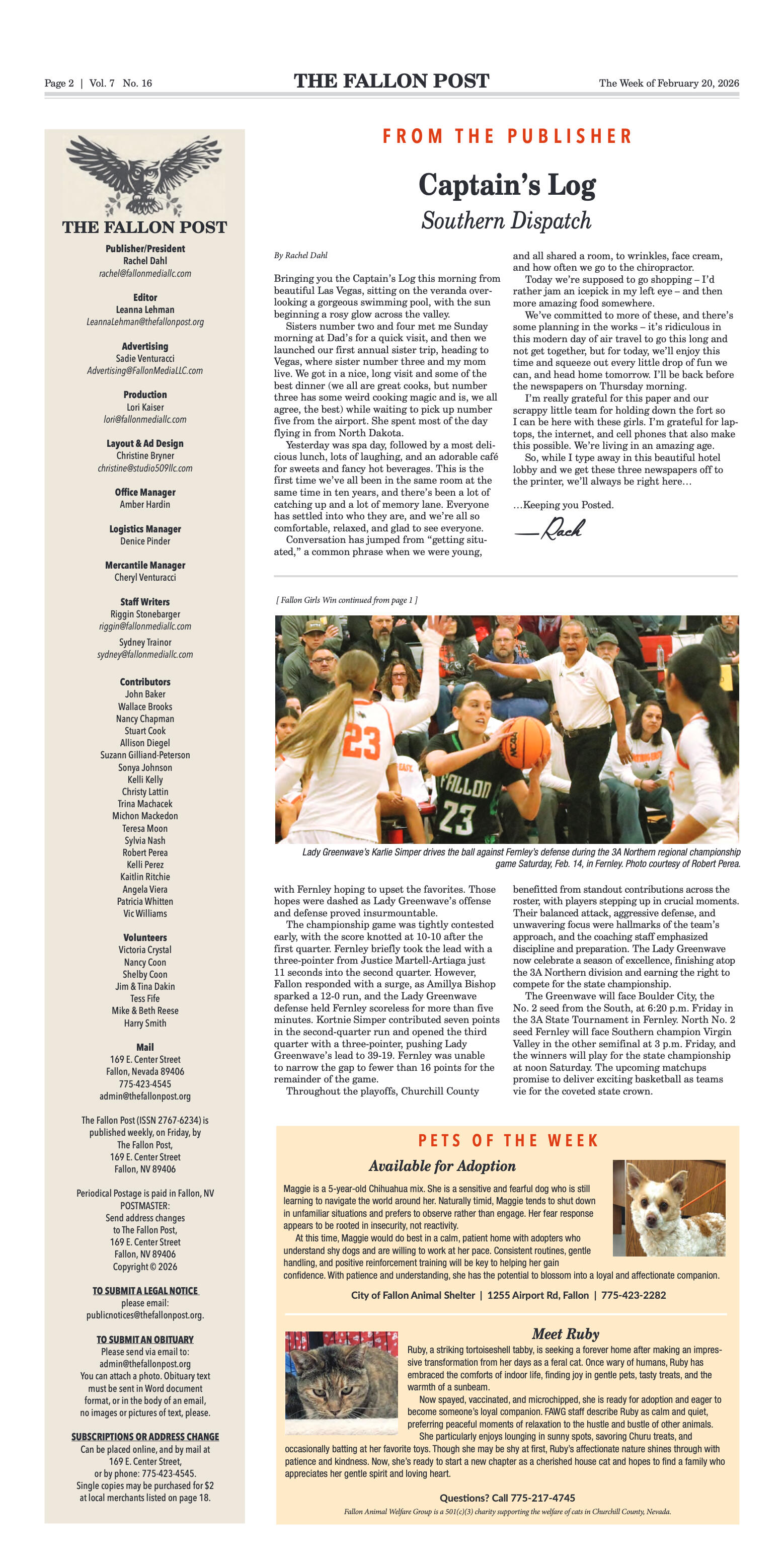

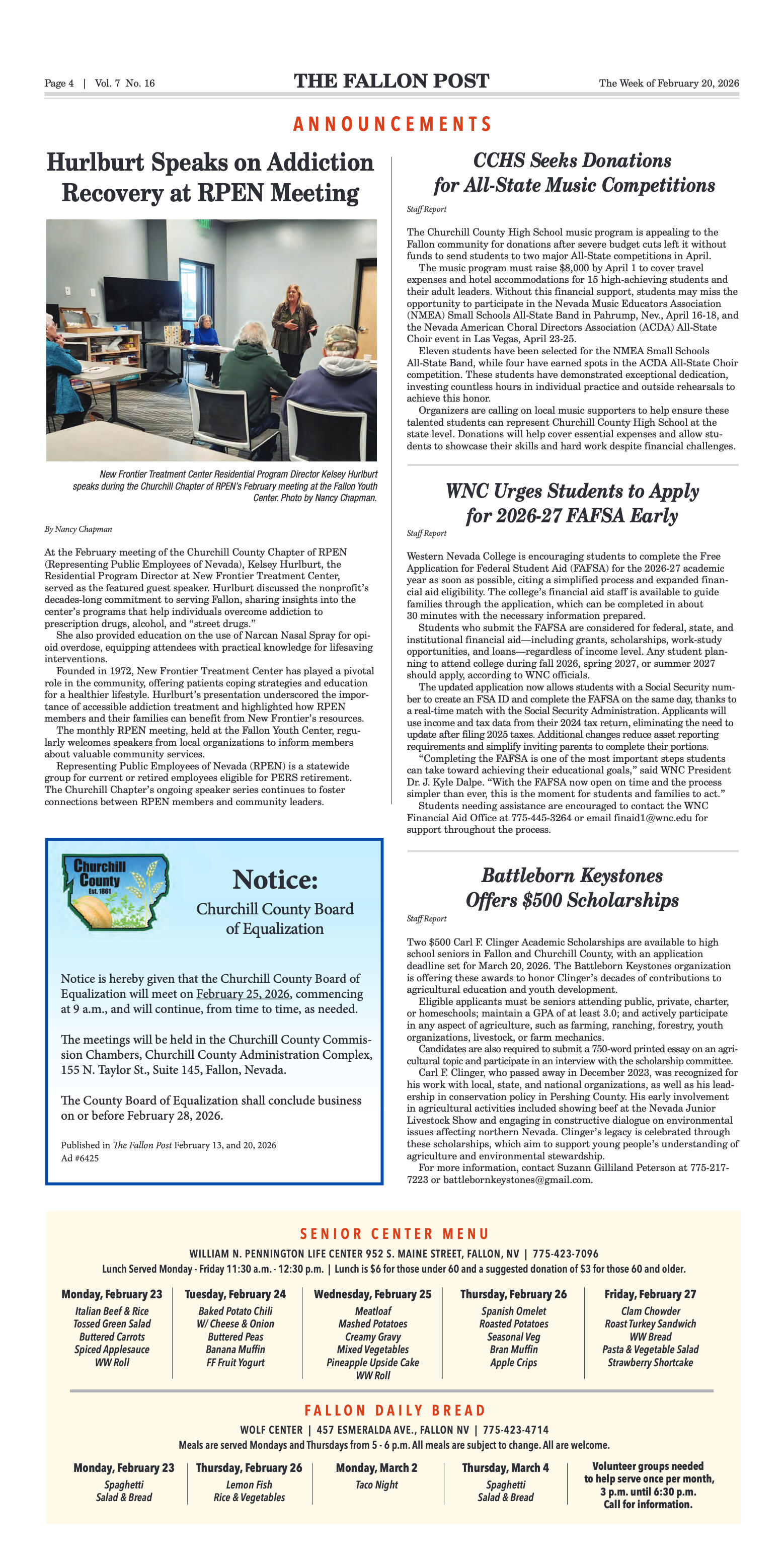
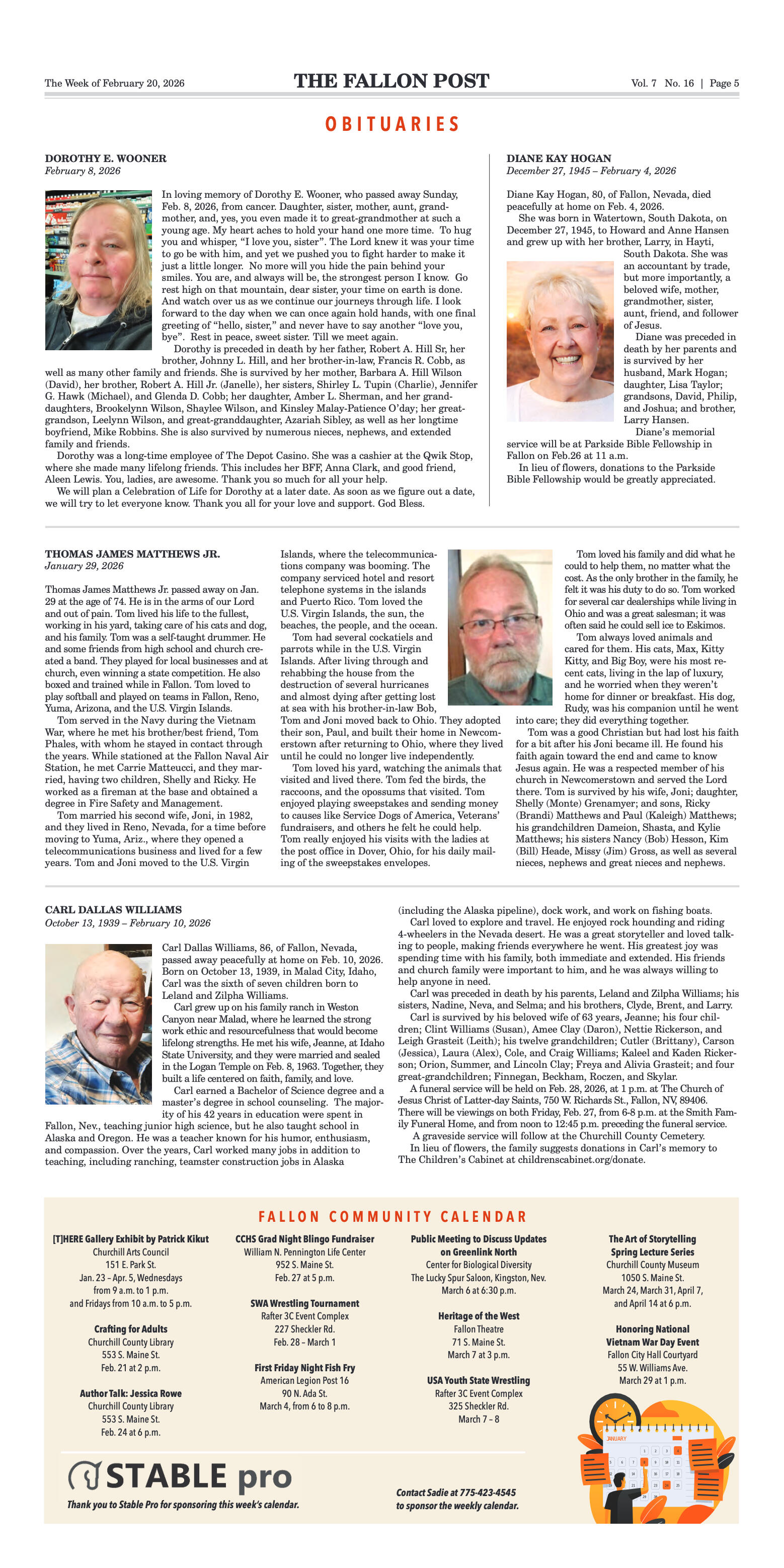



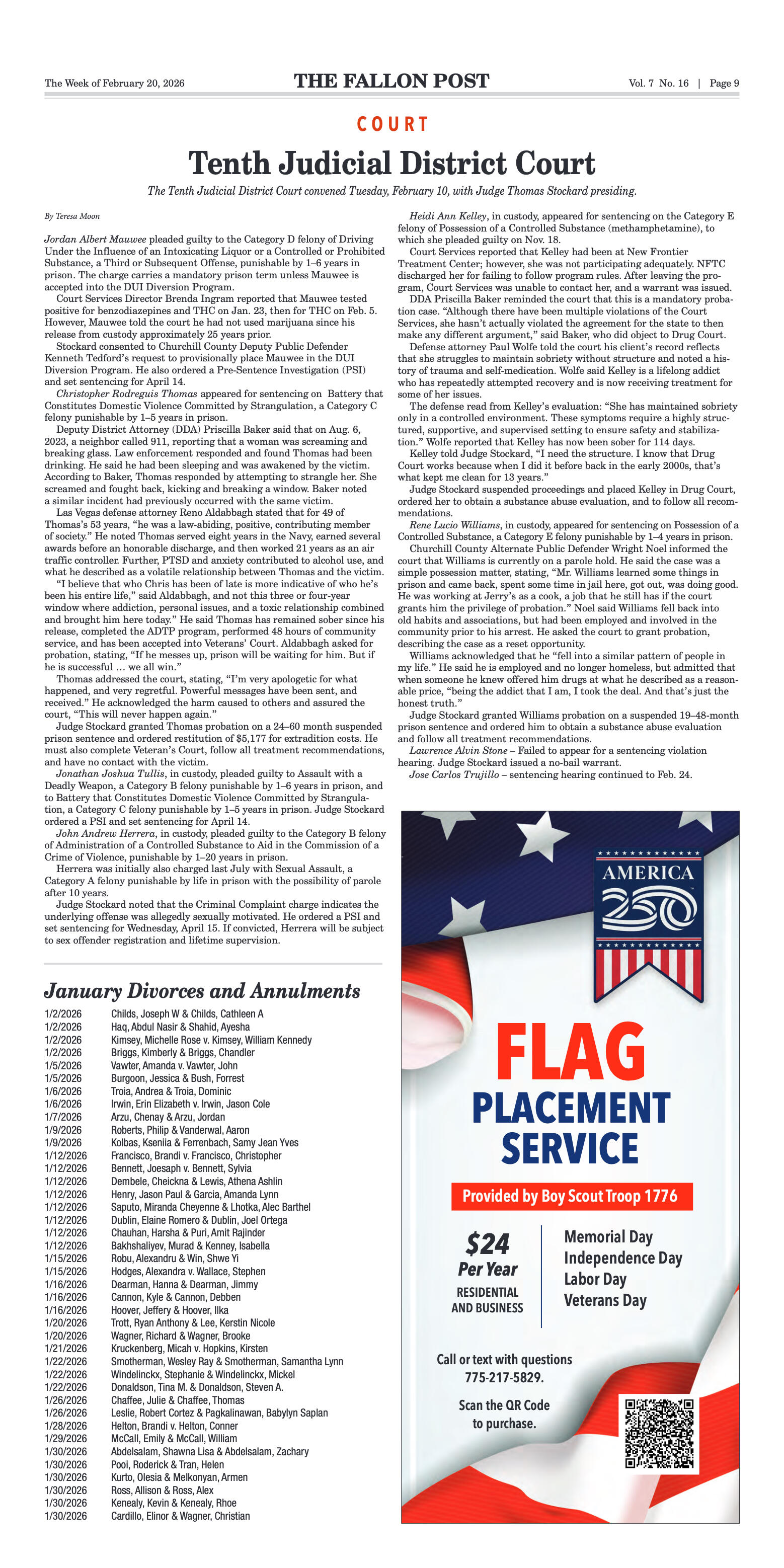



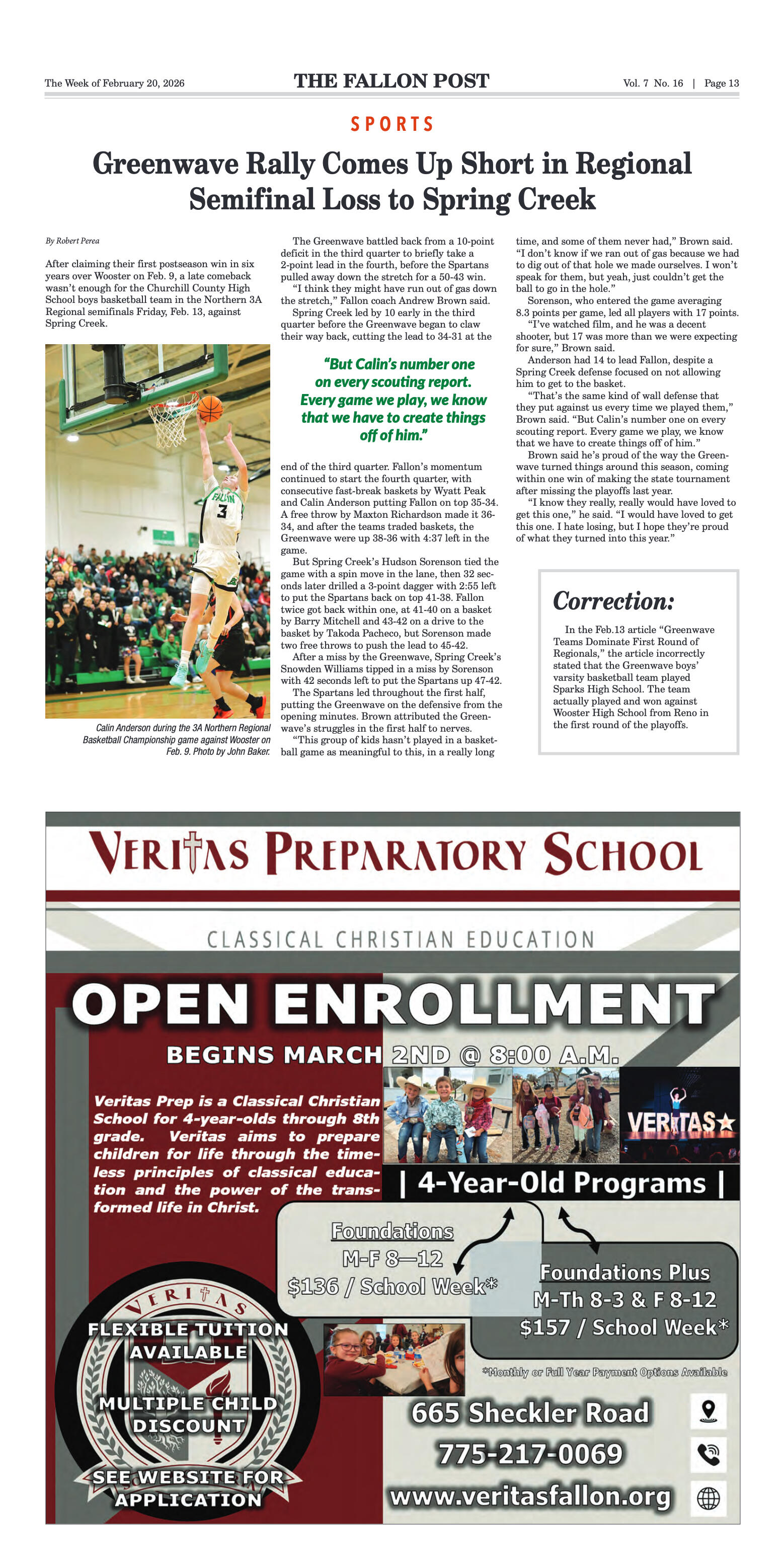

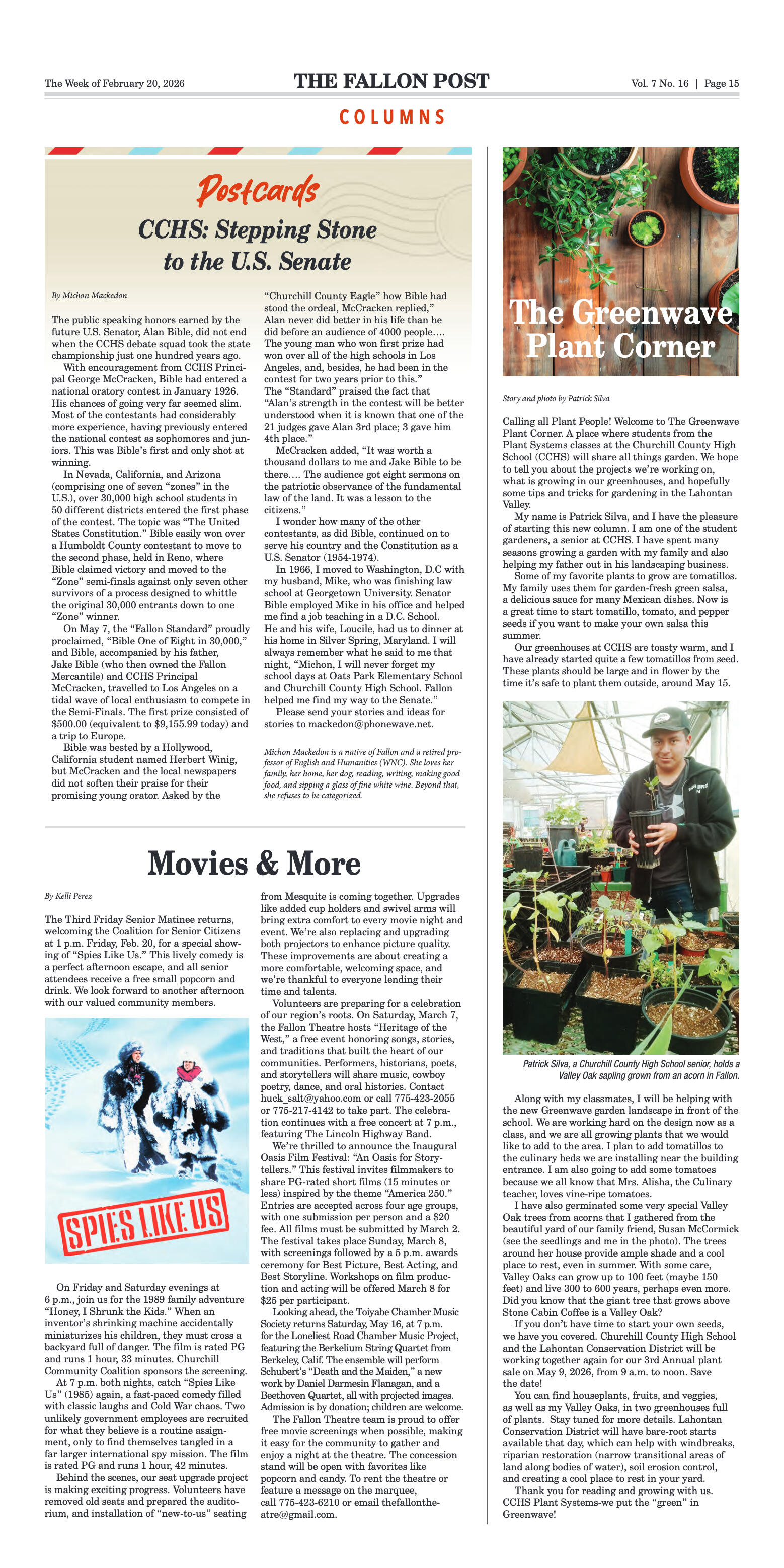



























Comment
Comments